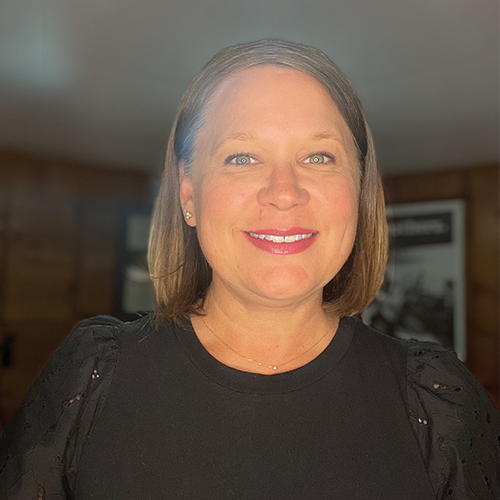CAR-T therapy has been effective in treating relapsed/refractory hematologic cancers like multiple myeloma and diffuse large B-cell lymphoma, especially in older adults. However, its use in patients aged 75 and older has been limited due to concerns about comorbidities and increased toxicity. While some studies report higher neurotoxicity and non-relapse mortality in older patients, others show comparable outcomes to younger patients. This highlights the need for better tools to assess CAR-T therapy suitability in older adults based on comorbidities and frailty.
Frailty, marked by reduced physiological reserve, significantly impacts CAR-T outcomes. The University of Chicago’s Geriatric Assessment–Multidisciplinary Clinic evaluates older CAR-T candidates, assessing their physical, cognitive, and functional status. The findings reveal that frail patients have higher toxicity rates, longer hospital stays, and worse survival outcomes than fitter individuals, emphasizing the need for tailored assessments and alternative treatments to improve outcomes in vulnerable older patients.
Reference: Samuel J. Yates, John F. Cursio, Andrew Artz, et al. Nawas; Optimization of older adults by a geriatric assessment–guided multidisciplinary clinic before CAR T-cell therapy. Blood Adv 2024;8(14):3785-3797. doi: https://doi.org/10.1182/bloodadvances.2024012727


